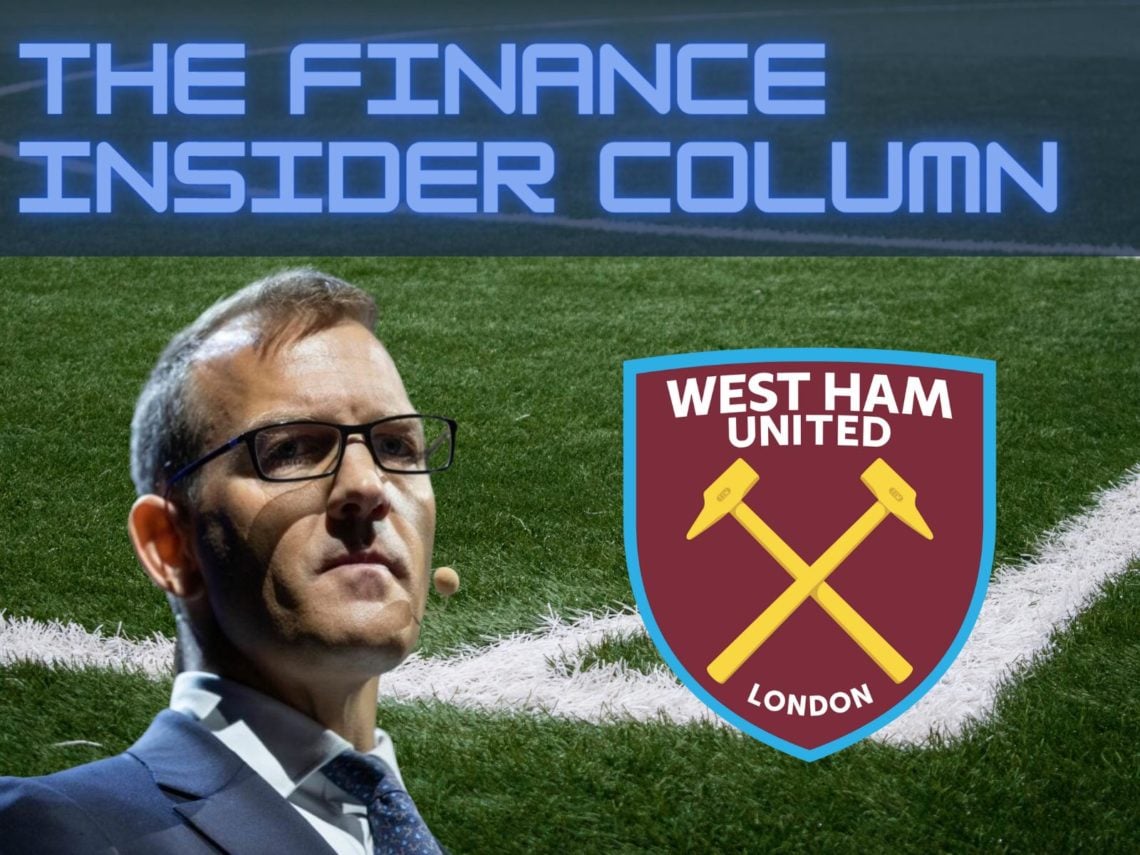
Finance Insider Column: West Ham and Newcastle details revealed as Apple deal and £100m jackpot on cards
Premier League TV rights are the lifeblood on which the likes of Newcastle United and West Ham rely.
That is why one of the main topics of debate in club boardrooms is how to move away from a model of total dependence on the current broadcast deal, which is worth a mind-melting £10billion-plus over its three-year cycle.
Clubs are acutely aware of the need to diversify in order to grow and deliver value to shareholders.

The same is true for the Premier League, who are increasingly leveraging their own brand through new sponsorship deals with EA Sports and NFT platform Sorare.
But while the commercial arms race shows no signs of slowing down, stakeholders at all levels are under no illusions that they are going to ween themselves off their broadcast cash addiction any time soon.
Football Insider, however, has repeatedly been told that the value of the Premier League’s domestic rights could fall when the auction process for the 2025-2028 rights cycle kicks off later this year.
The 2022-25 cycle saw the domestic rights swell to £1.6bn per season but also marked the first time that the league’s cache of overseas deals, totalling £1.7bn, outstripped its UK equivalent.
Executives are now troubleshooting ideas to offer greater value to domestic TV firms, with one of the most workable options being to offer broadcasters greater access to behind-the-scenes dressing room and training ground content.
Newcastle director Amanda Staveley has been selected to head up a group tasked with exploring the feasibility of this concept, and it is understood that a final decision is expected soon.

But while most executives see enhanced access as a banker, managers – including Newcastle’s Eddie Howe and West Ham boss David Moyes – have expressed their doubts both in public and at league-wide meetings.
Club directors will ultimately have the final say, but they also appreciate the need for managers and players to have at least a degree of privacy in their preparations.
Multiple sources have told Football Insider that this is why, although enhanced access remains the most likely way forward, the Premier League is also investigating alternative options.
Incorporating a more interactive element to live coverage has been explored, as has a more club-specific focus in terms of packaging content.
This site has also been made aware that the league believes it loses a 10-15 per cent share of its domestic viewership to illegal streaming and is plotting big changes to attract subscribers currently accessing its content via illicit means.

Football Insider revealed last December that the league was plotting a major crackdown on piracy stemming from the Asia-Pacific region too, after which police announced a series of raids in the UK related to IPTV services.
As the number of legal viewers increases, so does the Premier League’s power in negotiations over a new deal with the broadcasters. It’s a simple equation and one to which club owners attach considerable importance.
Take West Ham’s Daniel Kretinsky, for example. This site revealed last Sunday (5 March) that the Czech billionaire wants to become the club’s majority owner through a £150m share purchase agreement with David Gold’s estate.
Our analysis shows that individual Premier League clubs could bank up to £45m in extra TV cash per rights cycle if the Premier League’s anti-piracy plans are successful. That, theoretically, could add £100m to a club’s enterprise value.
While West Ham would not be at the very top end of that scale, it’s easy to see why the likes of Kretinsky might be seeing pound signs as part of a long-term capital appreciation plan.
Another proposal is to scrap the Saturday 3.00pm blackout, which covers hundreds of games per season such as Arsenal’s potentially title race-defining 3-2 win over Bournemouth last Saturday (4 March)
But, unlike the EFL, the Premier League is not giving serious thought to that initiative. In any case, most sources are sceptical that increasing the number of televised games would lead to a major uplift in value.
Football Insider is routinely told that the golden ticket for increasing broadcast value is more competition for the rights. While BT Sport and Amazon have made nominal inroads in recent years, Sky has dominated for three decades.
But as reported elsewhere, it is now understood that OTT services such as DAZN and Apple TV could be set to disrupt the market with bids for the domestic rights at the next auction.
Data on European football gathered by a top marketing firm and seen by Football Insider meanwhile shows that a one per cent increase in viewers typically leads to a 0.5 per cent increase in broadcast cash.

How that linear relationship would play out if up to five broadcasters are in the running for the domestic rights next time around remains to be seen.
Significantly, there are questions from analysts as to whether there is an appetite among consumers for further proliferation of televised matches when the existing subscriptions required already cost hundreds of pounds per year.
In other news, West Ham board make David Moyes sack decision.
